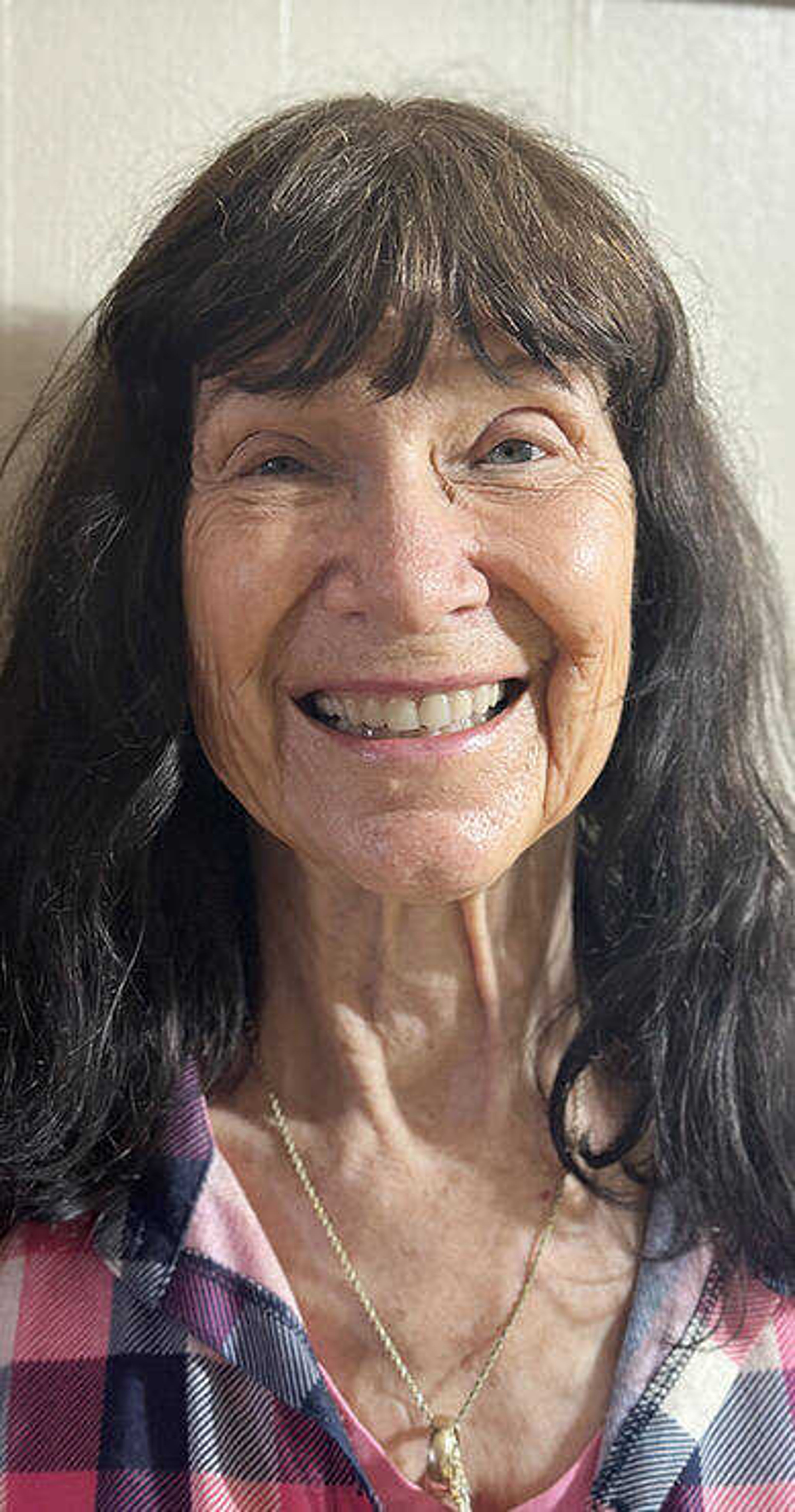Remaining calm
"How can I stay calm within?" you may ask. "I am too busy, and if you had my troubles you would be upset, too. Staying calm all the time is impossible." Such are the thoughts of many. You may think if you internalize everything that happens around you, you're doing the right thing. You are immersing yourself into other people's lives and are helping to "bear another's burdens and show empathy." You may reason empathy is feeling what other people feel...
By Ellen Shuck
"How can I stay calm within?" you may ask. "I am too busy, and if you had my troubles you would be upset, too. Staying calm all the time is impossible."
Such are the thoughts of many. You may think if you internalize everything that happens around you, you're doing the right thing. You are immersing yourself into other people's lives and are helping to "bear another's burdens and show empathy." You may reason empathy is feeling what other people feel.
So the question is, how do we carry each other's burdens? (Galatians 6:2). How do we show empathy, feel caring and truly mean it, yet, remain untethered and calm ourselves? As most health-care professionals, ministers and others engaged in a caring profession are taught, we must learn to assume a somewhat detached attitude. Look down upon the situation from a higher terrain.
If you allow yourself to enter directly into a person's feelings, hardships, or drama, you won't be able to perform what you must. This attitude is not one of not caring, rather it means that you do care. It's like trying to help someone or an animal escape from the trap of quicksand. If you get into the quicksand with him, you also will sink. You will do best if you remain calm, allowing for a the presence of mind to find a way to extract the person from the situation.
This hold true in dealing with all of life. Whatever is going on around you, remain somewhat distant to the emotions and distractions and try to dwell within yourself. Emphasize, love and deal with the other person's problem, if you can, but remain stable within your mind, heart and spirit. Isaiah 26:3 says "The steadfast of mind you will keep in perfect peace, because he trusts in you."
Know that God is always with you, and your real life is inside. It is inside your heart, and mind, so consequently your spirit. Your God is your rock, not your surroundings.
During my childhood, my grandmother was always immersed in the midst of our family life. She was ill quite often and would come and recuperate at our house. Being involved with the elderly, and people who were ill, was an integral part of my life. Because of my frequent interaction with Grandma, I grew up understanding her and the way she looked at things. Since she was quite a bit older than I, her mores and beliefs were different than my youthful outlook.
During Grandma's day, people thought it was a gesture of love and caring to become upset and emotional when someone was ill or experiencing trauma. If you remained calm, you were considered to be unsympathetic. My mother, Blanche, was a steady person who seldom became distraught. Although she definitely concerned herself with a person's welfare, she was practical. Rather than wringing her hands and wailing, and become unduly upset, she tried to find a way to help a person out of their dilemma. Mom was, indeed, the calm in a storm.
Many people are naturally more emotional than others and must depend on those exhibiting strength.
All my siblings and I keep our feelings inside and try to keep on going with little ado. This trait, I'm reasonably sure, is both inherited and learned from the example of our mother. My dad, on the other hand, was more emotional and sympathetic. I loved him so. People are all different in their perspective on crises and how they handle them. Focusing on God helps anyone deal with their hardships and worries. Philippians 4:7 encourages us with the words, "And the peace of God, which transcends all understanding, will guard your hearts and your minds in Christ Jesus."
Rest in the knowledge that your distress is not caused by what goes on around you. Rather, your turmoil is a result of what lies within you.
Connect with the Southeast Missourian Newsroom:
For corrections to this story or other insights for the editor, click here. To submit a letter to the editor, click here. To learn about the Southeast Missourian’s AI Policy, click here.










